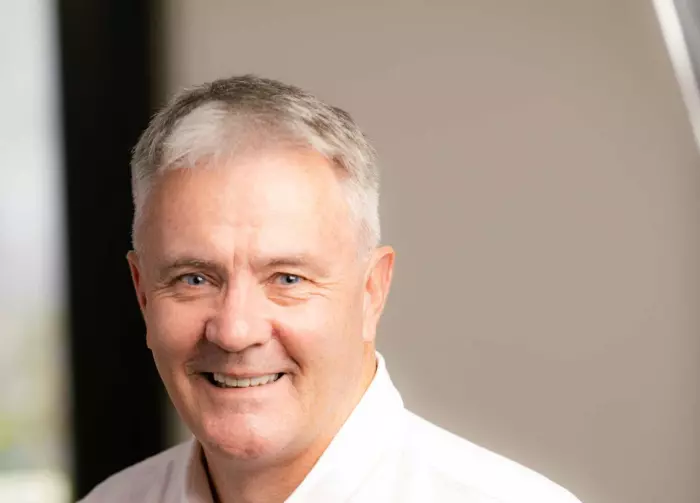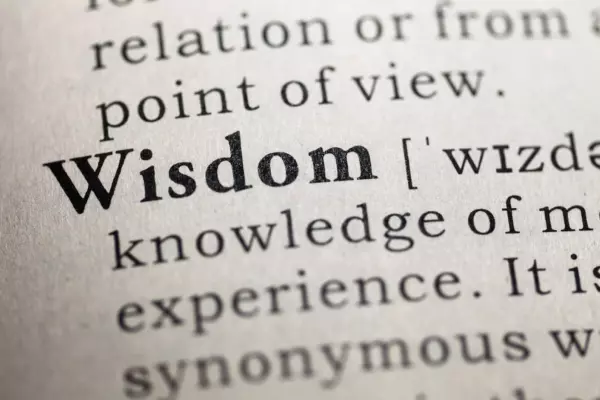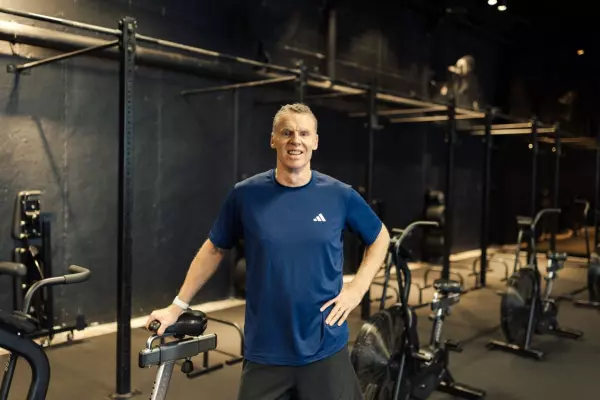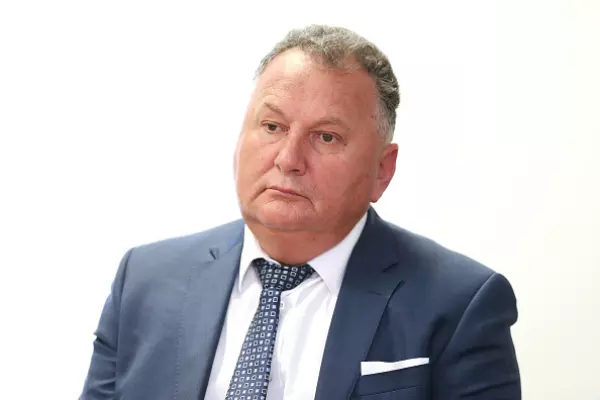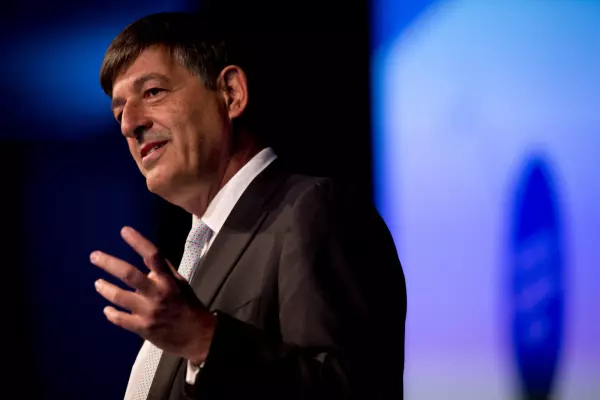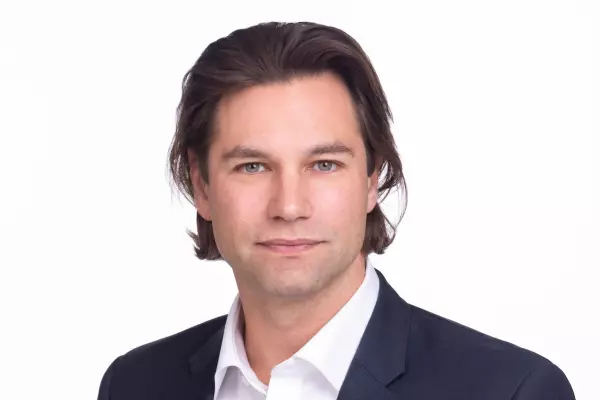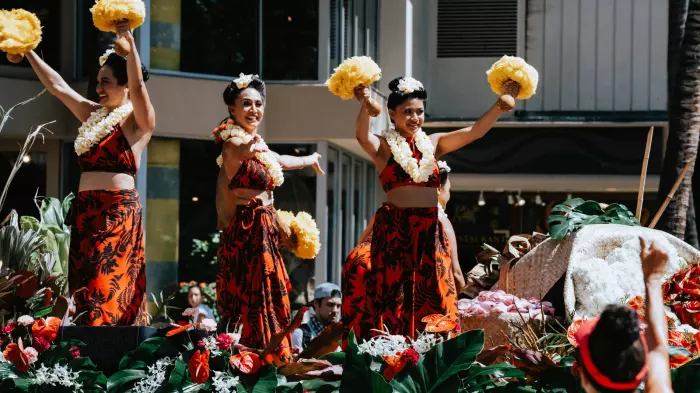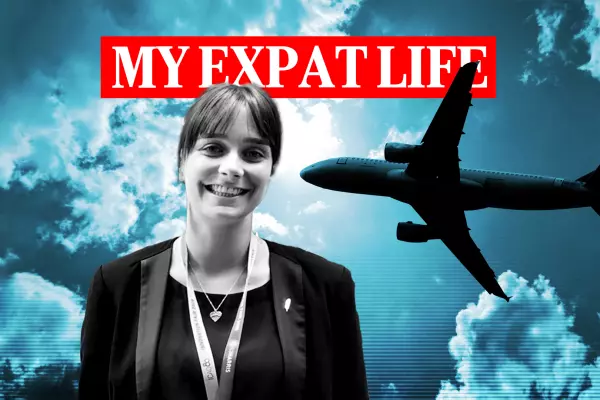The New Zealand Food Network that Gavin Findlay leads is the country’s largest food-rescue and redistribution organisation. Findlay has had careers in the travel, aviation, business, and logistics sectors and is a former officer in the Royal Air Force, a role that enabled him to explore more than 60 countries. He’s passionate about NZ's dual issues of food waste in the corporate sector and food insecurity in our communities and is determined to help bring positive change. He lives in South Auckland with his wife and four children.
I was born on the east coast of Scotland in the city of Dundee. When I was three, my family moved inland to a village of 2500 people in the agricultural belt of one of the most fertile areas in Europe.
It was also Europe's largest fruit-growing area, so I spent the first 15 to 16 years of my life picking raspberries and strawberries during the summer, and then in the winter picking potatoes. It was a fantastic upbringing.
We were never indoors. We were always out running around, playing football, climbing trees – just getting a very typical childhood.
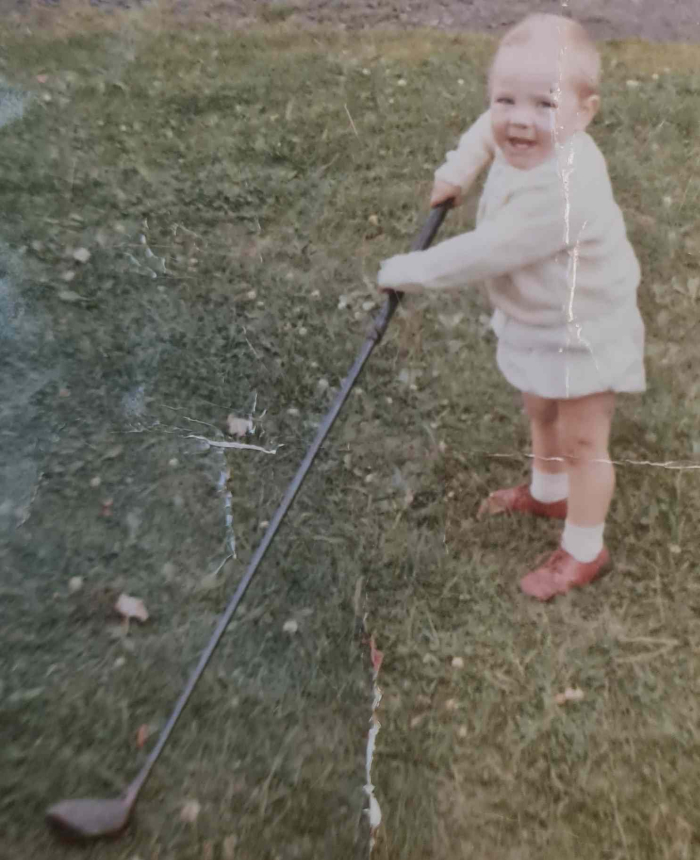
Sport was a feature of Gavin Findlay's early life growing up in Scotland. (Image: Supplied)
Both my parents worked very hard. I grew up during times in the UK when there were a lot of strikes and power cuts and we could go for a couple of weeks without any power, especially during the coal miners’ strike.
As a parent, looking back on it now, you see how difficult it must have been for parents who were out of work or had no money and were worried about where the rent was going to come from.
Sometimes you needed to go out shooting pheasants and rabbits or catching some fish to feed yourself. But it felt like a great adventure as a kid.
Five-year-old Gavin was 100% committed to being a professional football player. There was always a football at my feet.
When I was around 14 and 15, I had some clubs looking at me, but it's an absolutely cut-throat business and I never made it. I'm not really sure it was a realistic idea.
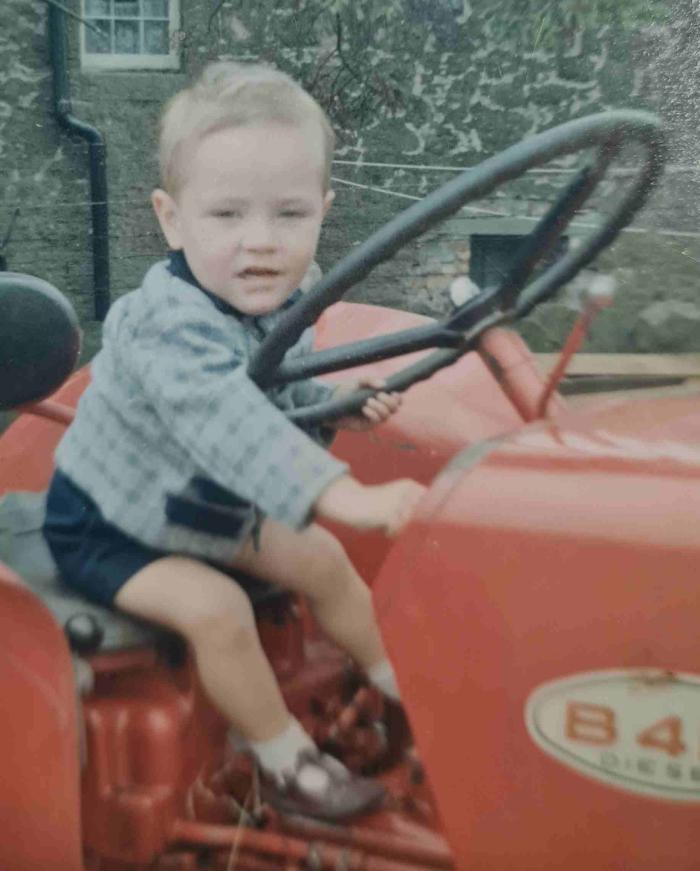
"We were never indoors," Gavin Findlay says of his childhood. (Image: Supplied)
I was reasonably academic as a kid, but never the greatest studier or worker. It seemed to come naturally a little bit. I was the first person in the family to go to university; I did a maths and computer studies degree at Abertay University in Dundee, with no real idea of what was coming afterwards.
That’s been a theme throughout my life. Some people are very driven by following a plan and that's what they get, but that’s never been me.
After university, I still didn’t know what I wanted to do, but somehow got accepted into the Royal Air Force. I became a fighter controller and got to travel to so many places in my seven years' service.
All the travelling and exploring I got to do showed me how diverse the world is in its geography and people – and how both make the world such a great place.
A couple of years ago, my kids bought me a world scratch map. I scratched off all the countries I’ve been to – around 68.
One thing that most people in the forces will always tell you about is the camaraderie and friends for life that you get there. I've been out of the RAF for years and years but I could still pick up the phone and call guys I went through training with and go, "Hi, Paul, how are you doing?"
I left the RAF at the age of 27. If I had stayed any longer, I would have had to sign on for another 10 years, which felt like too long a time.
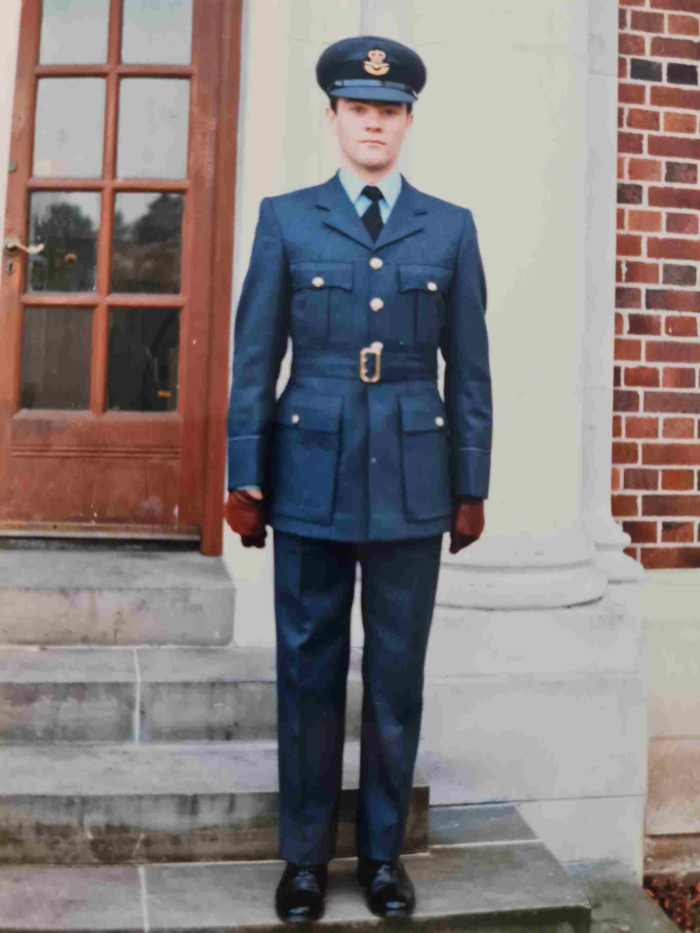
Seven years' service as a Royal Air Force officer included visits to more than 60 countries. (Image: Supplied)
I came to NZ as "excess baggage", as I call it. I never planned to move to the other side of the world, but my wife is a Kiwi, born and raised in Auckland, and she wanted to come back. NZ is very similar to Scotland. My favourite parts of the country are the topography down the South Island.
How did I meet my wife? Through the 1995 Rugby World Cup final in South Africa, to be precise – or the "Susie the tea lady" final, as it’s also known. I watched the game in South Africa with some friends at a pub, but when the TV screen crapped out, we had to rush out and find another pub with a TV.
After the final finished, we went to a few sports bars nearby and in one of them we met two girls – one was my future wife. She’ll hate me for saying it but she was dancing on the pool table, hanging off the lights, and nearly got thrown out of the pub.
That’s another example of circumstances that kind of happen in life – you just never know where things are going to lead.
Food is becoming more and more and more expensive. Wages aren’t going up 10% year-on-year like groceries are. We have a food system that is broken from both the production side of things and the consumer side of things.
There's a lot of work being done – especially in NZ – in trying to fix things up but at present there's still going to be a lot of surplus food manufactured that never gets anywhere.
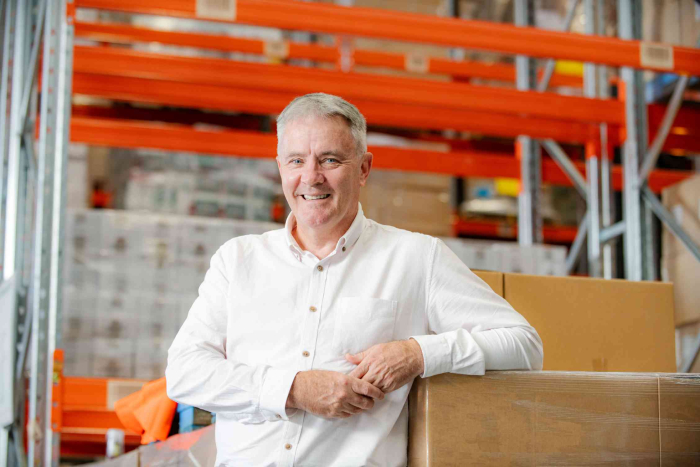
Gavin Findlay says NZ's food system is broken. (Image: Supplied)
Unfortunately, people blame the supermarket for not putting wonky products out, but it's we, the consumers, who actually don't buy it. So why would a supermarket put in front of you a product that you won't want to buy? They're not in that business. It means 30% of our products don't even get to the market.
I do lots of talks and show how we view food items that don’t look perfect. I'll take a misshapen carrot and a perfect carrot along with me. I'll hold both up to the audience and go, "Which one would you buy?" Of course, it's the perfect carrot. Then I’ll turn around and peel and chop both of them up into bite-size chunks and hold them up to people and see which one they would buy now. It’s a good way of showing how often people shop for food that just looks a certain way.
I can't change society at the moment. I can't change the inordinate gap between the money-making machines that there are and the people who have tried their best but just can't get anywhere because of the type of society we live in – but I can find a way to chip away at it a little bit.
In NZ, there's a real desire to help those who need help. The latest floods have highlighted some issues around response and central government and local government inadequacies. But they also shone a light on the number of people who stood up and wanted to help. And that's a real positive.
My best piece of advice is to go and make your money, then go and make a difference. Unless you're completely cold, hard and so self-absorbed that you don't feel anything, giving and making a difference is probably one of the best feelings you'll ever have. Knowing that you've actually made a difference in someone's life is a great gift.
As told to Ella Somers.
This interview has been edited for clarity.


